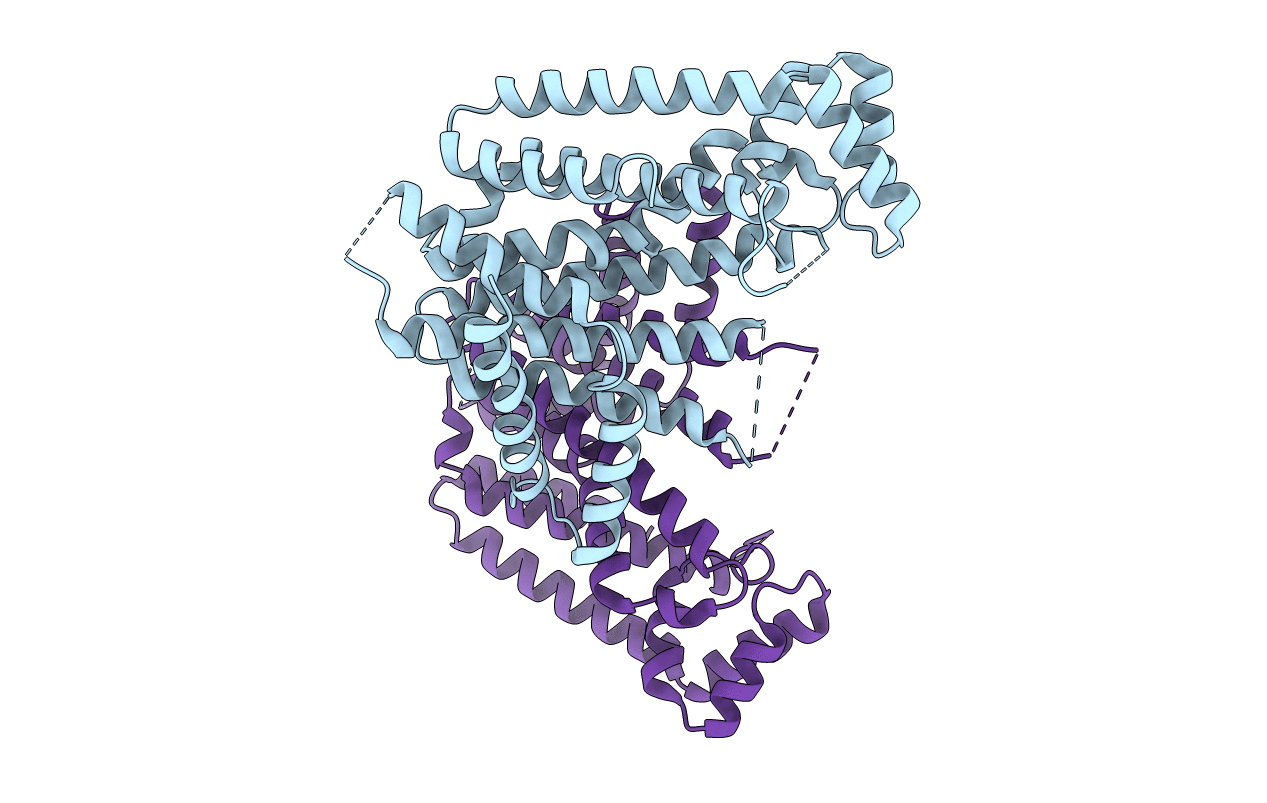
Deposition Date
2020-04-08
Release Date
2021-02-17
Last Version Date
2023-11-29
Entry Detail
Biological Source:
Source Organism(s):
Eucommia ulmoides (Taxon ID: 4392)
Expression System(s):
Method Details:
Experimental Method:
Resolution:
3.30 Å
R-Value Free:
0.31
R-Value Work:
0.25
R-Value Observed:
0.25
Space Group:
P 32 2 1


